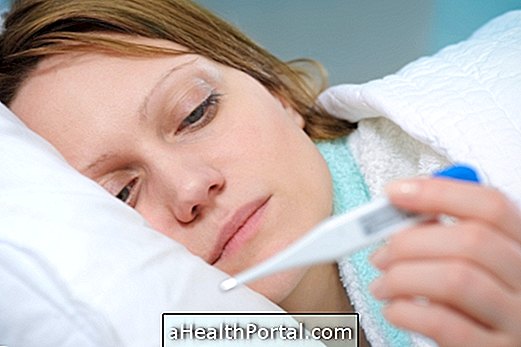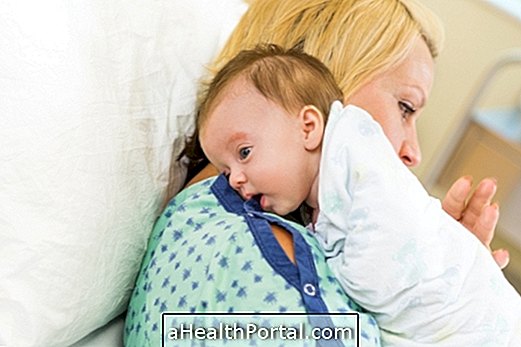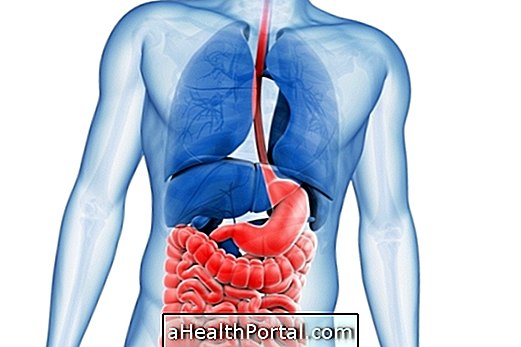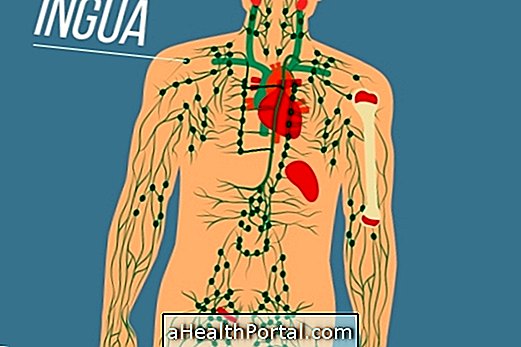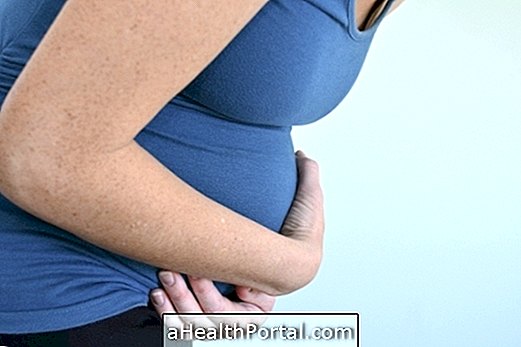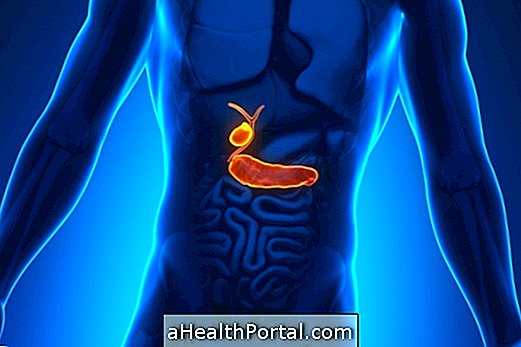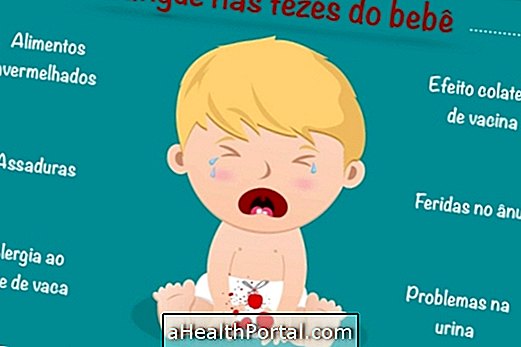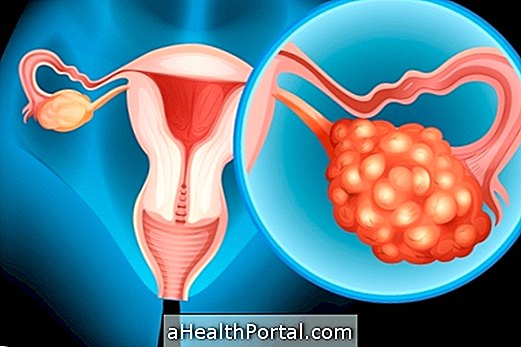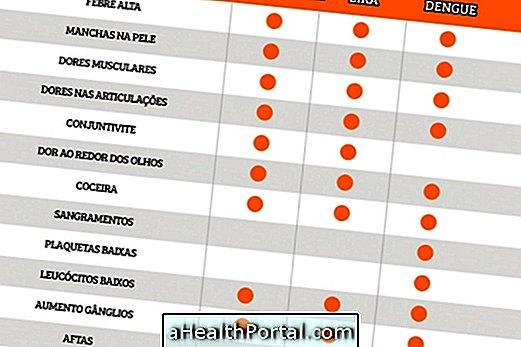Postpartum depression is common and can occur in both men and women and can be triggered by fear of becoming a mother, increased responsibility, being a single parent or having relationship difficulties, for example.
Symptoms of this type of depression can be noticed soon after birth, when the woman feels sad all the time, is not interested in the baby, has low self-esteem and does not feel able to take care of herself and the baby, for example.
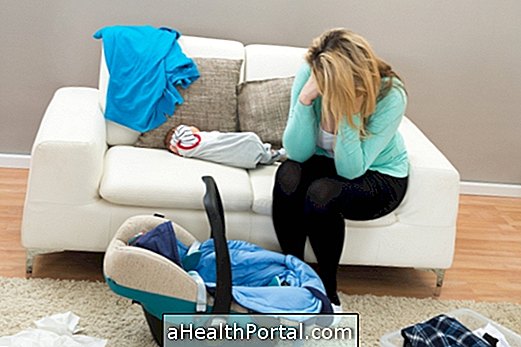
Symptoms of Postpartum Depression
Symptoms of postpartum depression may occur soon after birth, or up to one year after the birth of the baby, and usually include:
- Constant sadness;
- Guilt;
- Low self esteem;
- Extreme dismay and tiredness;
- Little interest in the baby;
- Inability to care for you and your baby;
- Fear of being alone;
- Lack of appetite;
- Lack of pleasure in daily activities;
- Difficulty getting to sleep.
In the first few days and up to the first month of the baby's life, it is normal for the woman to have some of these symptoms because the mother needs time to adjust to the baby's needs and changes in her life.
However, when symptoms of postpartum depression persist for 2 weeks or longer, it is advisable to consult a psychiatrist to assess the situation and initiate appropriate treatment.
If this disorder is suspected, answer it now:
- 1
- 2
- 3
- 4
- 5
- 6
- 7
- 8
- 9
- 10
Rapid test to indicate Postpartum Depression. Respond, preferably, between the 2nd week and the 6th month of the baby.
Start the test


- Ever.
- Sometimes.
- No, never.

- Ever.
- Sometimes.
- No, never.

- Do not.
- Sometimes.
- All the time.

- Do not.
- Sometimes.
- Very often, more than 4 times a week.

- Ever.
- Sometimes.
- No, never.

- Yes, most of the time I can not control the situation.
- Yes, sometimes I can not control the situation.
- No, I can always control the situation.

- Yes, I have a hard time sleeping and I can not rest anything.
- I have difficulty getting to sleep several times a week.
- No, I always do very well.

- No, I'm very happy.
- Yes, I have felt sad or upset more than 3 times a week.
- Yes, I'm almost always sad, upset and tearful.

- Yes, most of the time.
- Yes, but occasionally.
- No, this never happens.

- Nothing has ever happened through my head.
- I've had such thoughts, but they do not happen more than once a week.
- This is a thought I have with some frequency.
Symptoms of Postpartum Depression in Men
Men may also have postpartum depression, and symptoms may be noticeable from the end of gestation to the first year of the baby's life. The man usually presents irritability and impatience, sadness, negative thoughts, unwillingness to live with other people, easy and constant crying, lack of appetite and anxiety, for example.
In addition, the man may lack attention and, in case he has other children, have difficulty relating to his children.
Generally, the symptoms of postpartum depression in men are related to increased responsibilities related to providing a good life to the baby and giving emotional support to the wife. Thus, the man with symptoms of postpartum depression should also consult a psychologist or psychiatrist to initiate appropriate treatment.
Check out how treatment can be done to cure postpartum depression in men and women.




